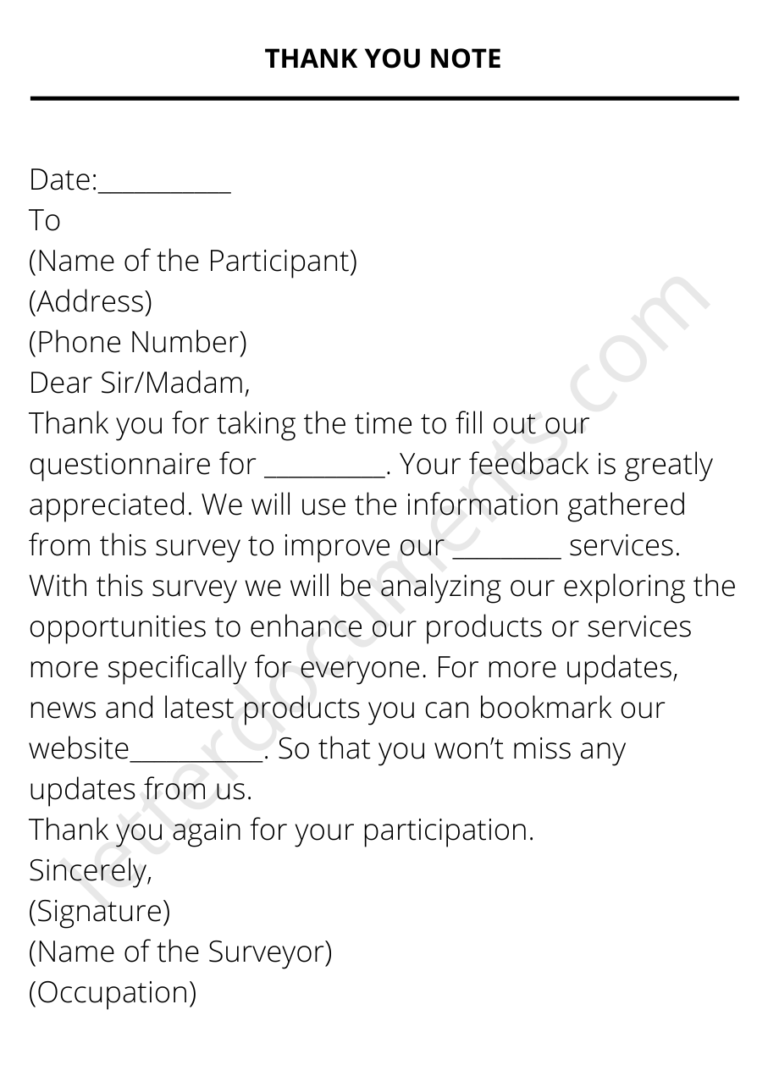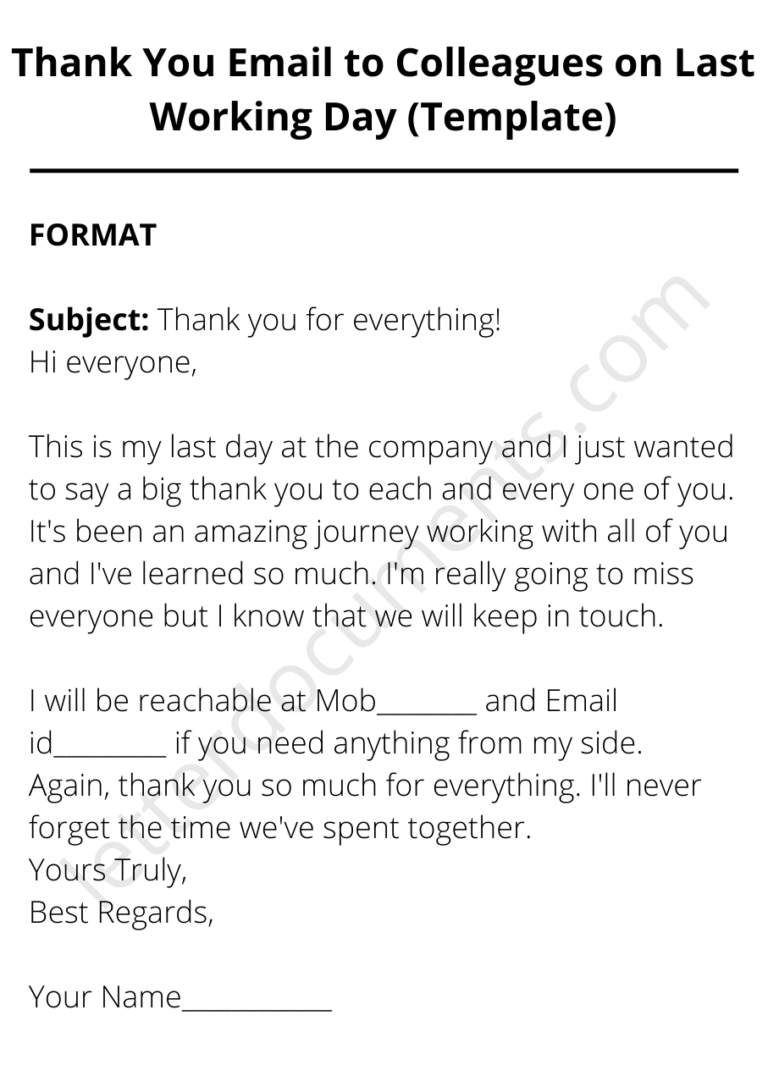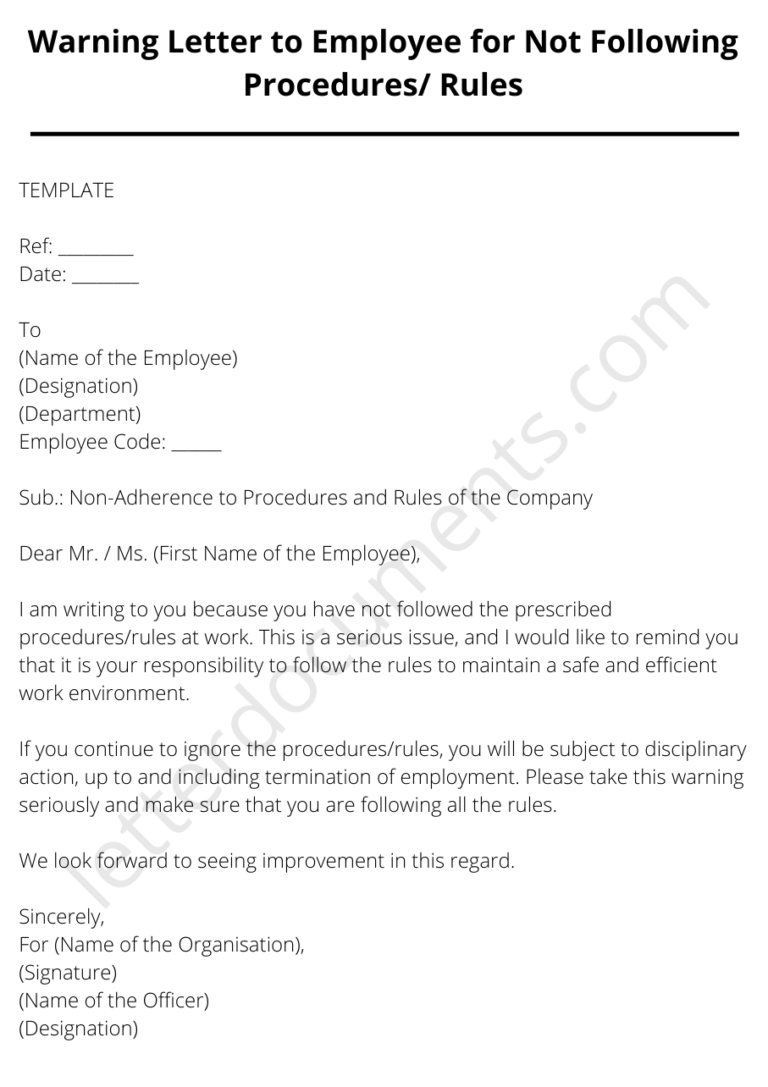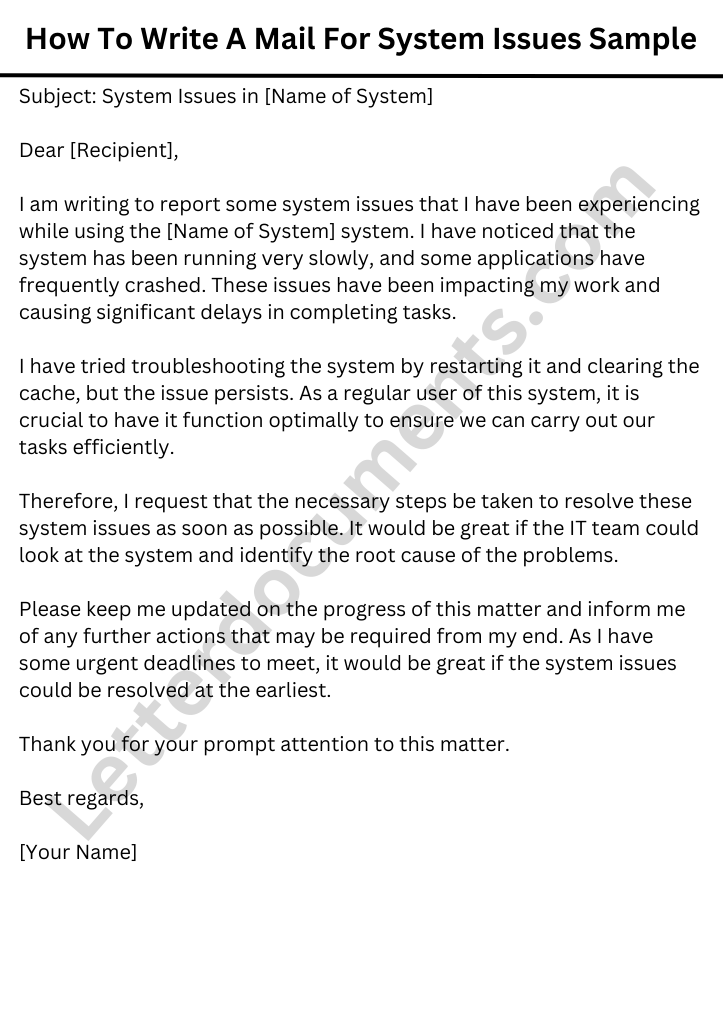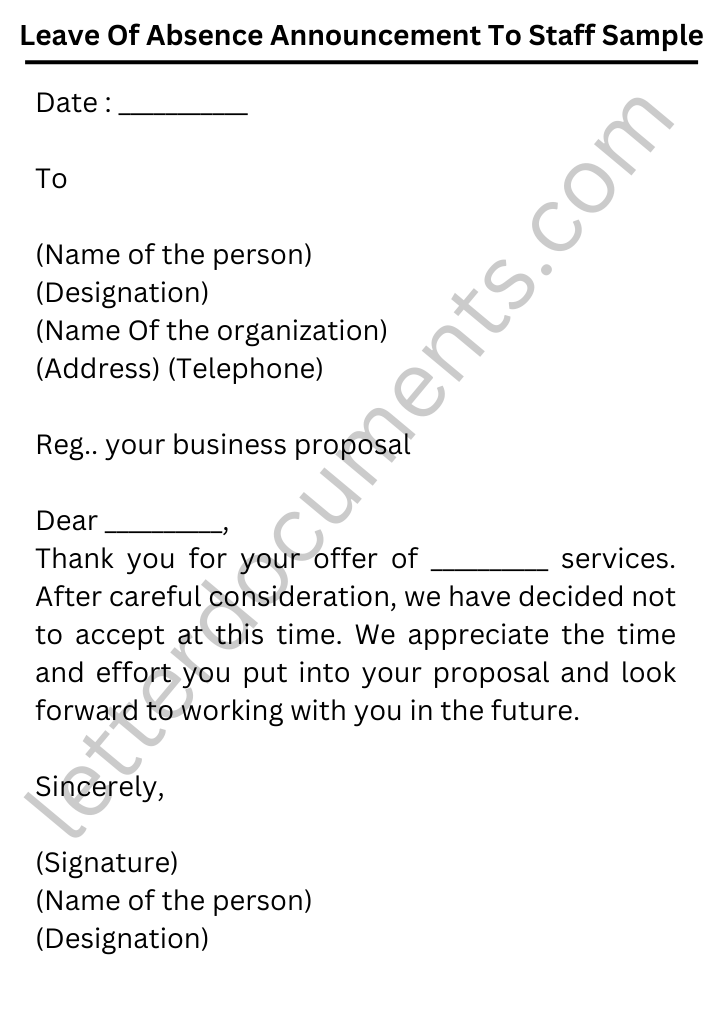Work from Home Request Letter or Email to Boss Due to Illness
In today’s digital age, working from home has become famous for many professionals. However, sometimes unforeseen circumstances, such as illness, can make it difficult to commute to the office. In such cases, writing a convincing work from home request letter or email to your boss is essential. In this article, we will provide you with a detailed guide on how to write a compelling work from home request letter or email due to illness.
Writing a work from home request letter or email due to illness can be challenging, especially if you need clarification on the policies and procedures of your organization. However, it is crucial to communicate with your boss and inform them of your situation, as well as your intention to work from home. This article will guide you on how to write a convincing work from home request letter or email and provide tips on communicating effectively with your boss.
Sample Work from Home Request Letter or Email Due to Illness
TEMPLATE #1
(Request letter to boss for work from home)
Date: ……………….
To
(Name of the boss/manager)
(Designation)
(Company Name)
Sub.: Request for approval for work-from-home on (date)
Ref: (Employee Name), (Designation), (Department), (Employee Code)
Dear Sir,
I am writing to request your approval for work-from-home on (date). I have been feeling a bit unwell lately and would not like to come into the office and risk infecting others.
I will be able to complete all my work tasks from home with no problem and will make sure to stay in communication with you and the team through email/Slack/phone as needed.
I appreciate your understanding, and I hope this arrangement is okay with you. Let me know if there’s anything else I need to do.
Kind request to approve my work-from-home application.
Thanking you,
Yours sincerely,
(signature)
(Name of the Employee)
(Designation)
TEMPLATE #2
(Work from home request email to boss)
Dear Sir/Madam,
I hope you’re doing well. I’m writing to request permission to work from home for the next two weeks.
I’ve been feeling under the weather, and I think it would be best if I recuperated at home. I’ll be able to work just as effectively from home and won’t need to take any time off.
Regards,
(Name of the Employee)
Employee Code: …………
Understanding Work from Home Policy
Before writing a work from home request letter or email, it is essential to understand the work from home policy of your organization. Review your employee handbook and company policies, or speak to your HR representative to determine if your organization has a policy regarding remote work. If your organization does not have a work from home policy, it is crucial to discuss the matter with your boss and determine the best course of action.
When to Request Work from Home Due to Illness
When you are experiencing an illness that affects your ability to commute to work or perform your duties, it is appropriate to request to work from home. This includes illnesses such as the flu, a cold, or any other medical condition that makes it difficult for you to be present in the office. It is essential to consider your role and responsibilities and determine if remote work is feasible and productive.
How to Write a Work-from-Home Request Letter or Email
When writing a work from home request letter or email, it is crucial to be clear, concise, and professional. Your message should communicate your situation, your intention to work from home, and any relevant details or accommodations you may require. Here are the essential elements of a work from home request letter or email:
- Salutation: Begin your letter or email with a professional greeting, such as “Dear [Manager’s Name],”
- Opening: Begin your message by stating the purpose of your communication. For example, “I am writing to request to work from home due to illness.”
- Details: Briefly explain your situation, including any medical information or accommodations you may require. Be specific about the dates and times you will be working from home.
- Benefits: Outline the benefits of working from home during your illness, including increased productivity, reduced risk of spreading illness to coworkers, and reduced stress.
- Commitment: Communicate your commitment to your role and your intention to remain productive while working from home.
- Closing: Close your message by thanking your boss for their consideration and reiterating your appreciation for their support.
Tips for Writing a Convincing Work-from-Home Request Letter or Email
Writing a convincing work from home request letter or email can be challenging, especially if you need to become more familiar with the policies and procedures of your organization. Here are some tips to help you write a compelling work from home request letter or email:
Be Clear and Concise
Your message should be clear and concise. Use simple language and avoid using technical terms your boss may need help understanding. Your boss should be able to understand your message easily and quickly.
Be Professional
Your message should be professional and respectful. Avoid using casual language, emojis, or slang in your communication. Use a professional tone throughout your message.
Provide Relevant Details
Provide relevant details about your illness and how it affects your ability to work in the office. If you need any accommodations, mention them in your message.
Explain the Benefits
Explain the benefits of working from home during your illness, including increased productivity, reduced risk of spreading illness to coworkers, and reduced stress. Your boss may be more likely to approve your request if they understand the benefits.
Commit to Remaining Productive.
Communicate your commitment to remaining productive while working from home. This may include outlining your work plan and providing updates on your progress.
Follow Up
Follow up with your boss after sending your work from home request letter or email. This will show that you are committed to your role and taking your request seriously.
Benefits of Working from Home During Illness
There are several benefits to working from home during an illness, including:
1. Increased productivity
Working from home can increase productivity by reducing distractions and allowing you to focus on your work.
2. Reduced risk of spreading illness
Working from home can reduce the risk of spreading illness to coworkers and help prevent the spread of contagious diseases in the workplace.
3. Reduced stress
Working from home can reduce stress by eliminating the need for a daily commute and allowing you to work in a comfortable and familiar environment.
Challenges of Working from Home During Illness
Working from home during an illness can also present some challenges, including:
1. Isolation
Working from home can be isolating, mainly if you are used to working in a team environment.
2. Distractions
Working from home can present distractions, such as household chores, pets, or family members.
3. Communication
Working from home can make communication with coworkers and managers more challenging. You must have access to all necessary communication tools, such as email, video conferencing, and messaging platforms.
Tools and Resources for Remote Work During Illness
There are several tools and resources available to help you work from home during an illness, including:
1. Video Conferencing
Video conferencing tools, such as Zoom, Skype, or Microsoft Teams, can help you stay connected with your team and attend Meetings remotely.
2. Collaboration Tools
Collaboration tools, such as Google Drive or Dropbox, can help you share and work on documents with your team in real time.
3. Project Management Tools
Project management tools like Trello or Asana can help you stay organized and track your progress on tasks and projects.
4. Communication Tools
Communication tools, such as Slack or Microsoft Teams, can help you stay in touch with your team and managers.
5. VPN Access
If you need access to company files or systems, a virtual private network (VPN) can provide secure access from your home computer.
Conclusion
Writing a convincing work from home request letter or email can be daunting, but by following these tips and providing relevant details, you can increase your chances of getting approval from your boss. Remember to remain professional, outline the benefits, and commit to remaining productive while working from home. By working together, you and your boss can find a solution that works for everyone.
FAQs
- Can I work from home for an extended period due to illness?
It depends on the policies of your organization and the nature of your illness. It’s essential to communicate with your boss and HR department to determine the best course of action.
- What if my boss denies my work-from-home request?
If your boss denies your work-from-home request, you can ask for feedback on why your request was denied and if there are any alternative solutions. Remember to remain professional and respectful in your communication.
- What if I need the necessary tools and resources to work from home?
You can communicate this to your boss and HR department if you need the necessary tools and resources to work from home. They can provide you with the necessary equipment or recommend alternative solutions.
- How can I ensure that I remain productive while working from home?
You can ensure that you remain productive while working from home by creating a work plan, outlining your tasks and goals, and providing regular updates on your progress. It’s also essential to avoid distractions and establish a dedicated workspace.
- How can I stay connected with my team while working from home?
You can stay connected with your team while working from home by using communication and collaboration tools, such as video conferencing, messaging platforms, and project management tools. It’s also essential to check in regularly and participate in team meetings and discussions.

